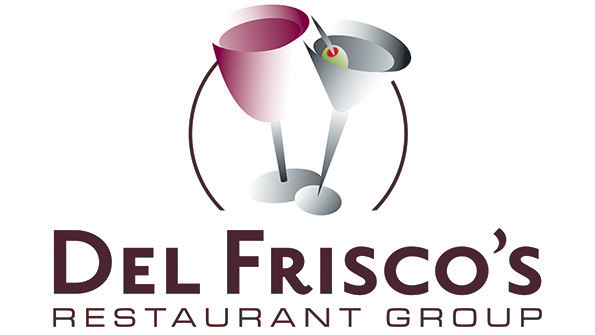 This post is part of the On the Margin blog.
This post is part of the On the Margin blog.
Stock in Del Frisco Restaurant Group has been on a steady slide for much of the year, after nearing $25 a share back in December.
That slide became a downward spiral last month, after the company reported second quarter earnings that Wall Street considered a major disappointment.
Same-store sales at its flagship Del Frisco’s Double Eagle were just 1 percent and sales at its other two concepts, Sullivan’s and Del Frisco’s Grille, both fell. The company also reduced guidance for sales, cash flow margins and earnings growth.
Wall Street pummeled the stock. It fell 17 percent. At one point it was trading at just over $13 a share, a level not seen since its 2012 IPO. The decline prompted one analyst to speculate that the chain could go private.
But a funny thing has happened since. Del Frisco’s executives have started buying stock.
And not just a few executives or directors, either. In the weeks since Del Frisco’s stock hit its trough, eight insider stock purchases have been registered with the SEC involving seven different company directors or officers.
Those insiders, including CEO Mark  Mednansky and CFO Thomas Pennison, have together bought up more than 40,000 shares of Del Frisco’s stock at between $14 and $15.30 per share.
Mednansky and CFO Thomas Pennison, have together bought up more than 40,000 shares of Del Frisco’s stock at between $14 and $15.30 per share.
Insider trades happen all the time, of course. And it can be risky to judge a company’s performance based on insider purchases or sales. Yet buys like this don’t come very often, and given that they came just as the stock hit new lows they could be viewed as a sign of confidence in the part of executives on the direction of the company.
After all, executives are like anyone else: They buy low, and sell high. And in this case, they’re buying Del Frisco’s stock at a time when it is among the lowest priced restaurants on Wall Street, at least in terms of valuation.
“There are many reasons why insiders sell: portfolio diversification, personal liquidity needs and so on,” said Nick Mazing, portfolio manager at Ampera Capital in New York. “However, as the saying goes, there is only one reason insiders buy: They expect the stock to go up.”
Insider buys can be viewed favorably, Mazing said, as nobody has better real-time information about how a company is performing. It’s why they have to register these purchases with the SEC, after all.
These buys can often serve as strategic moves to demonstrate faith in the concept to investors. In November 2013, for instance, Ruby Tuesday CEO JJ Buettgen bought 100,000 shares of his company’s stock just weeks after its chairman abruptly resigned and sold all of his stock.
Buettgen’s move helped the stock recover and helped enable Ruby Tuesday to employ its turnaround plan.
The Del Frisco’s case isn’t nearly so dramatic. But the moves have at least stopped the slide the company’s stock has been on in recent days.
Contact Jonathan Maze at [email protected]
Follow him on Twitter at @jonathanmaze

